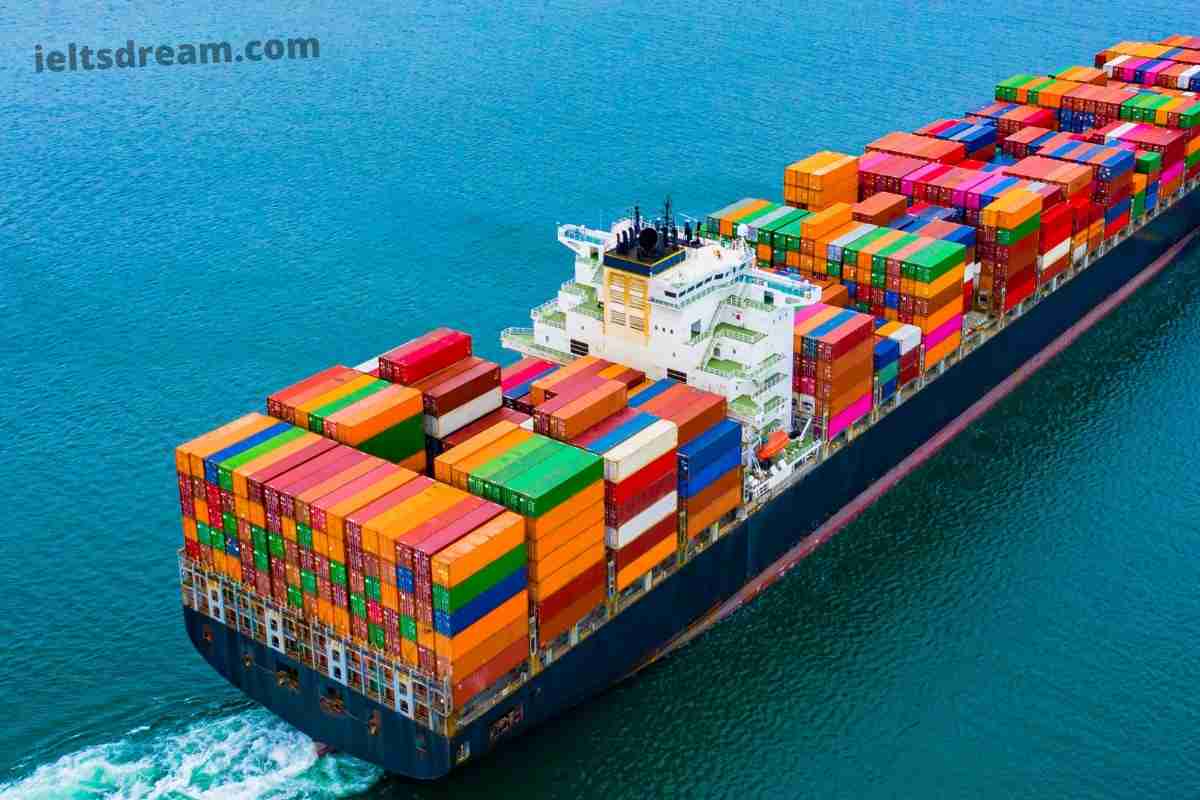Many supermarkets sell more and more imported food products than ones produced in their home country. What are the advantages and disadvantages of this trend?
In today’s globalized world, supermarket demand is increasing day by day. It is considered that many malls sell more and more foreign food products than manufactured in their own country. I tend to believe that it has both fruitful outcomes and limitations. Both are analyzed further.
Discussing the merits of surviving imported food products of local citizens, improving the quality and providing sufficient food for the population. To be more precise, imported food is usually healthy due to the higher quality of imported food products; secondly, selling more foreign food products to the citizens. They could gain knowledge about the different countries cultures and foods. For instance, some countries such as Africa, Dubai, and others have high nutritional products because of their soil.
On the flip side, importing food products may have drawbacks. To put it more, authorities would tend to buy the imported product due to the quality, which leads to a decrease in local cultivation. This may result in causing the unemployment of local farmers. Last but not least, selling imported food products are more expensive because of the transportation and currency Frequency. For example, one of the studies conducted by the Times of India newspaper revealed a significant increase in the price of imported food products. As a result, it affects the local citizens and government.
In light of the above discussion, providing foreign food products is more beneficial due to being qualified. Whilst, it is probably harmful to some citizens financial only rich people afford it.
Follow Us Our Facebook Page For Updates related to IELTS material


Leave a Reply